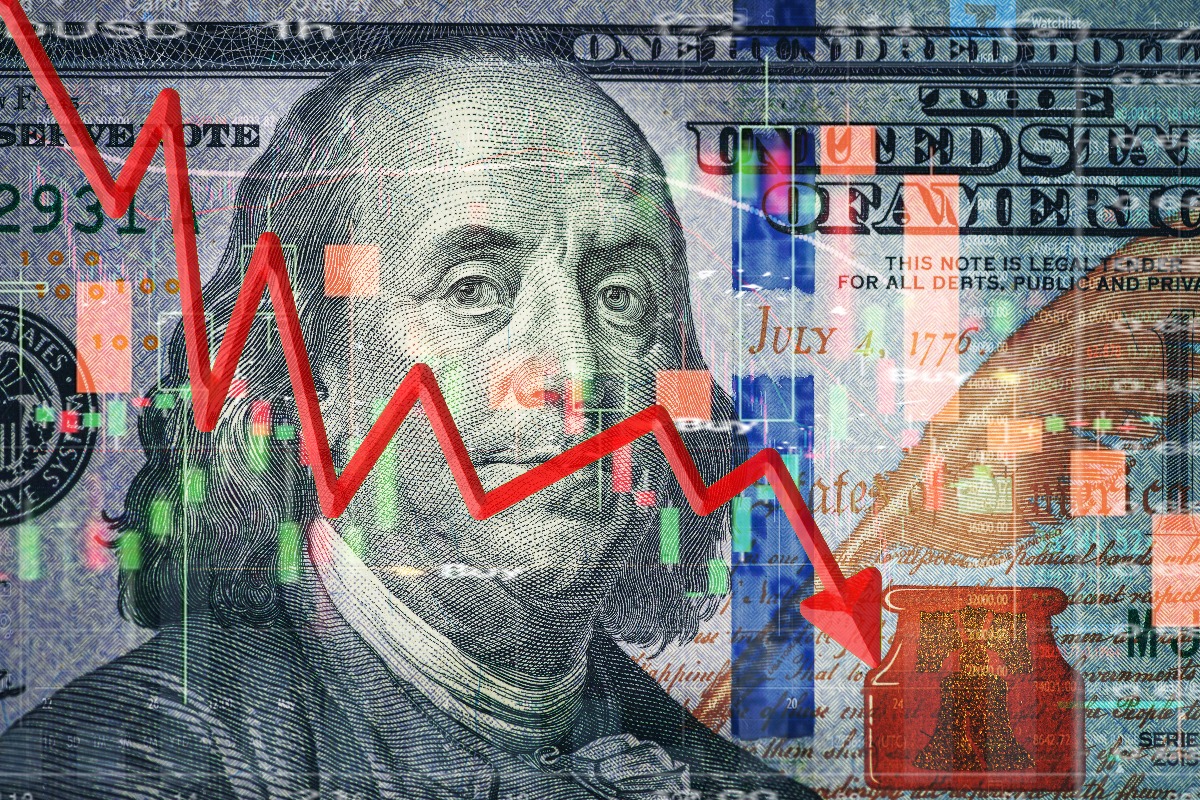But this is only one side of the coin – a study published in Eurasia Review after the decision pointed out. They point out that the West – including the US, Europe, but also South Korea and Japan – is based on shared values, while China and India (or Saudi Arabia and Iran) are systematic rivals. Moreover, the Western economy will be larger than that of the BRICS+ members for decades to come, and it is projected to take up to 20 years to catch up.
They also warn that the much-talked-about de-dollarisation of the global economy will certainly be slower than many expect. Indeed, the most important shift in the dollar’s power will occur once oil and gas prices are no longer set in dollars – which is probably the main reason why Saudi Arabia and the UAE have been invited. This is confirmed by the statistics: for example, 60 per cent of international foreign exchange reserves are held in dollars by central banks and their investment funds. The share of the euro as an alternative has fallen, rather than risen, to around 20 per cent, while the share of the Chinese yuan is only 3 per cent.
According to the study, there is no prospect of a replacement for the dollar in the foreseeable future; the trade volume between the BRICS is too small for this. They conclude that the most likely scenario is that the US dollar will indeed lose its importance but that the only alternative will be bilateral agreements, for example, between China and the Middle East, South America or Africa.
History teaches us this. It is worth recalling what happened to the British pound, which dominated world trade: its death throes lasted more than 50 years, from World War I to the humiliating IMF loan of 1976.
The author is a foreign policy journalist

